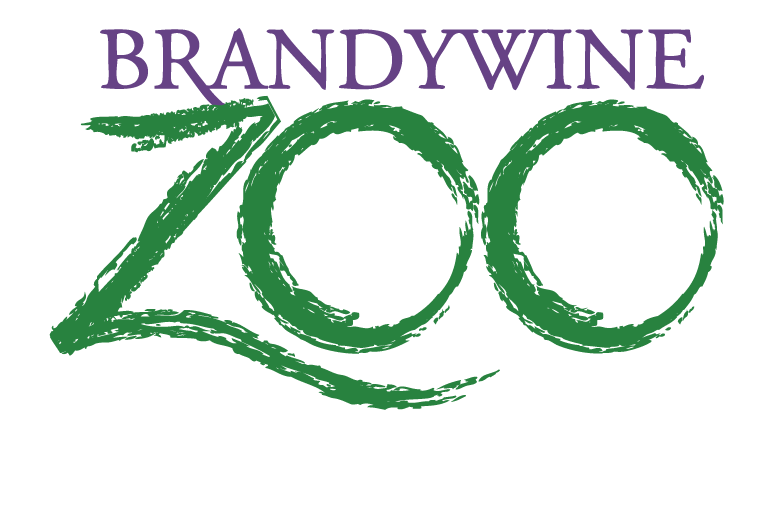North American Monarch SAFE
In 2020, we joined the North American Monarch SAFE (Saving Animals From Extinction) program.
This is a coalition of more than 100 AZA accredited zoos and aquariums, plus monarch-focused nonprofit organizations working to save the North American monarch butterfly.
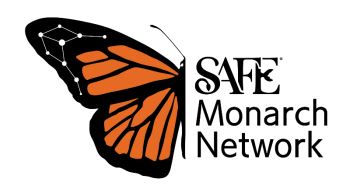
Why monarchs need our help
Monarch butterflies, Danaus plexippus, are one of the most iconic butterflies in the world and they embark on one of the most complex migrations of any insect. Once common across North America, they are now experiencing steep declines. Since the 1980s, Eastern overwintering populations of monarch butterflies have decreased by more than 80%. This dramatic population decline is due to habitat loss, pesticides, and climate change throughout the continent. This makes widespread collaboration crucial for recovering and sustaining this species. Some of the main initiatives of North American Monarch SAFE include citizen science and public education on monarchs and their plight, habitat creation and restoration, and research. Read the program plan.
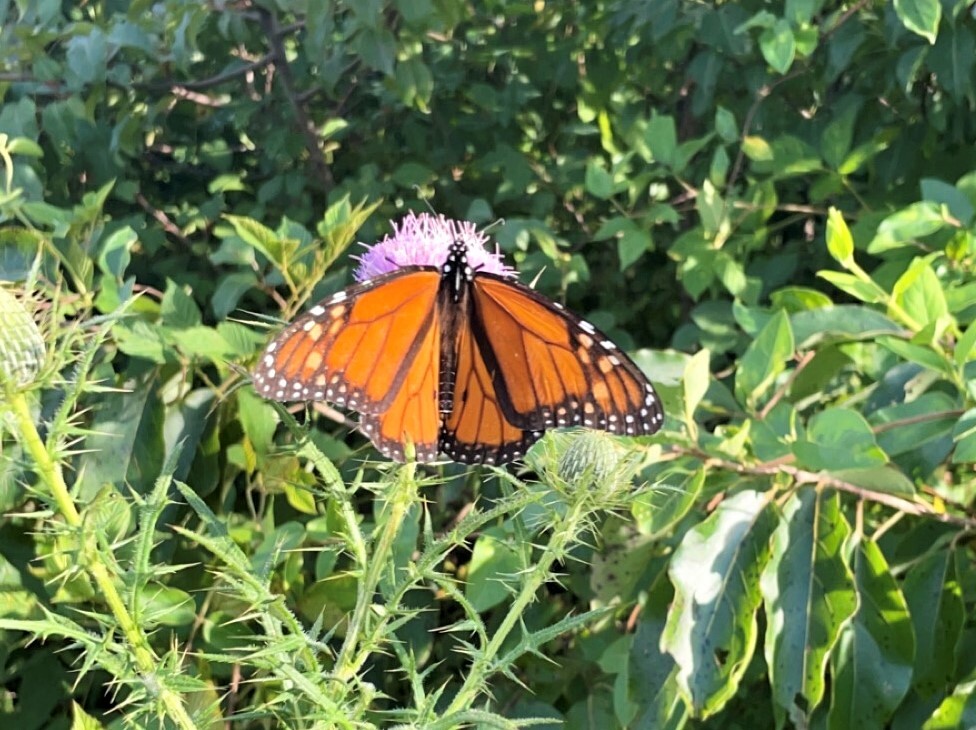
What the zoo is doing
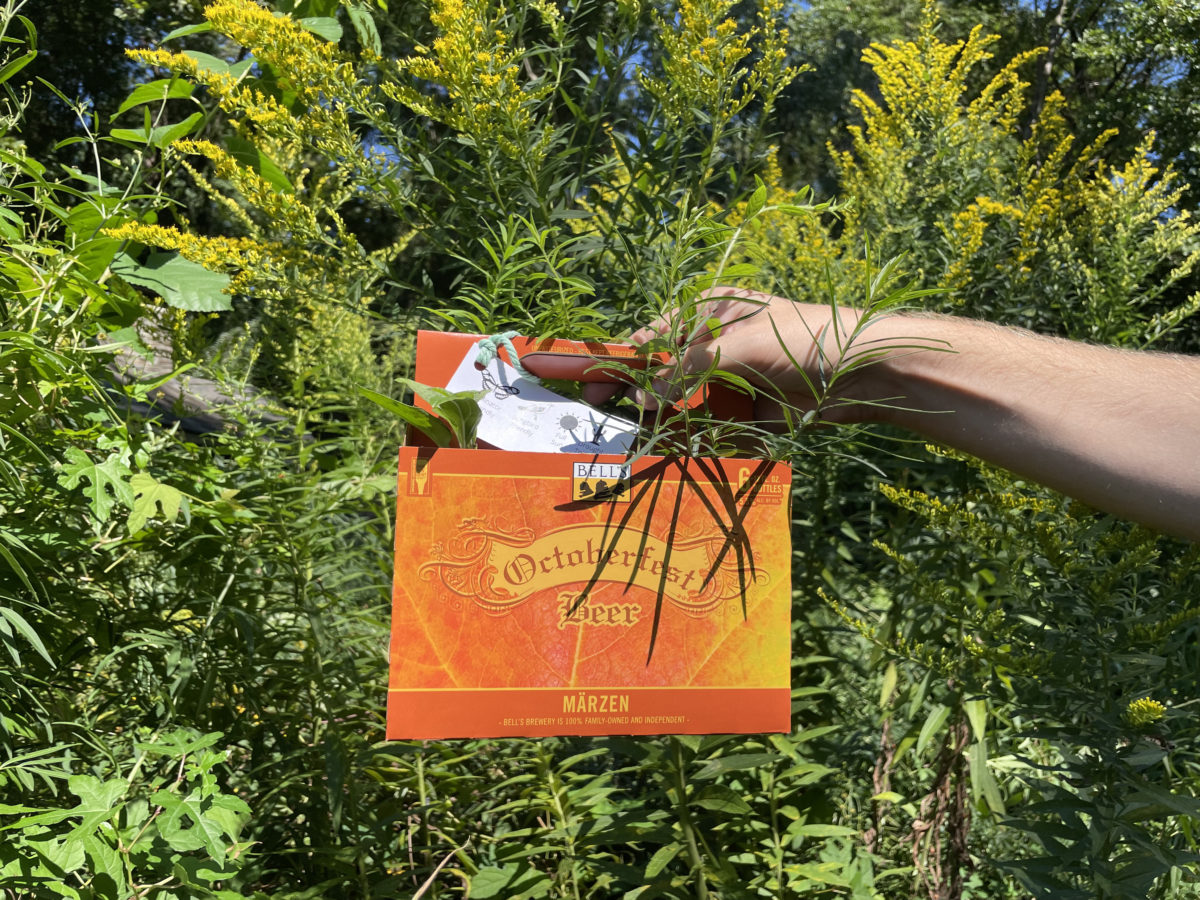
We currently have multiple areas in the zoo where we grow butterfly weed (Asclepias tuberosa), a species of milkweed that monarchs need to complete their life cycle, as well as other native plants. These serve as important waystations for pollinators to refuel on nectar and reproduce.
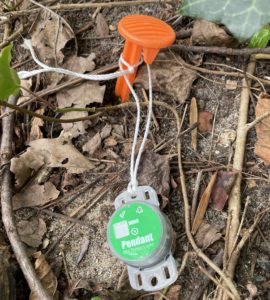 We host native plant sales during peak migration and planting seasons to promote native plants in home gardens for migrating monarchs. This also serves as a way to educate the public on the importance of native plants in backyard spaces. The money generated from these plant sales go to the Delaware Zoological Society’s Conservation fund.
We host native plant sales during peak migration and planting seasons to promote native plants in home gardens for migrating monarchs. This also serves as a way to educate the public on the importance of native plants in backyard spaces. The money generated from these plant sales go to the Delaware Zoological Society’s Conservation fund.
In 2021, we participated in the M3 Monarch Migration Study led by the University of Michigan. This project utilizes Onset HOBO MX 2202 data loggers to collect light, pressure, and temperature data. This information helps researchers determine the daily flight paths of individual monarch butterflies for the first time! By using these new technologies, we can better track Monarchs’ migration and protect their migration routes.
What you can do
Native Milkweed in Every Yard
Milkweed is a host plant for monarch butterflies, and native milkweed plants are the best choice to help feed and rear the next generation of monarchs. Adults lay their eggs on milkweed and monarch caterpillars feed on the plants. Find free milkweed plants: Monarch Watch, Milkweed 4 Monarchs, Live Monarch, Grow Milkweed Plants.
Find out what to plant using the National Wildlife Federation’s native plant finder . This useful website lists the best pollinator plants for your site based on your zip code.
Harvest your pesticide-free milkweed seed pods and donate them to the zoo! We will save them to give away to guests during programs or grow plants for giveaways or at our native plant sale. Save mature, dry pods by storing them in a moisture free bag or learn to harvest seeds. Email conservation@brandywinezoo.org to donate your seed pods.
Community Science Opportunities
You can participate in community science opportunities to save monarchs by reporting monarch sightings via Journey North, report monarch eggs and larva via Monarch Joint Venture, and report migrating monarchs (typically in the fall) with Monarch Watch.
Reduce Pesticides
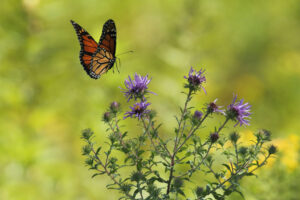 Reduce or eliminate your use of pesticides that can directly and indirectly harm essential pollinators. Ask your garden centers for pesticide-free pollinator plants (both topical applications and systemic pesticides that plants are bred with) to make sure the plants in your garden won’t harm monarchs.
Reduce or eliminate your use of pesticides that can directly and indirectly harm essential pollinators. Ask your garden centers for pesticide-free pollinator plants (both topical applications and systemic pesticides that plants are bred with) to make sure the plants in your garden won’t harm monarchs.
Rear and Release?
In recent years, many people have tried to help monarchs by captive rearing caterpillars and later releasing adult butterflies. At this time, it is recommended to avoid captive rearing of monarchs, which has been linked to lower survivorship and the transmission of diseases, read more.
Cut Back Tropical Milkweed
Cut back tropical (non-native) milkweed in mid-October to discourage monarchs from overwintering in Delaware and to help reduce disease transmission. Even better, plant native milkweed and other pollinator-friendly plants in your own garden. Use the native plant finder from the National Wildlife Federation.
